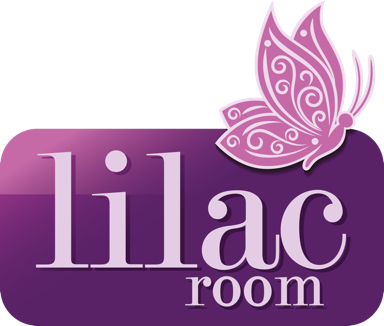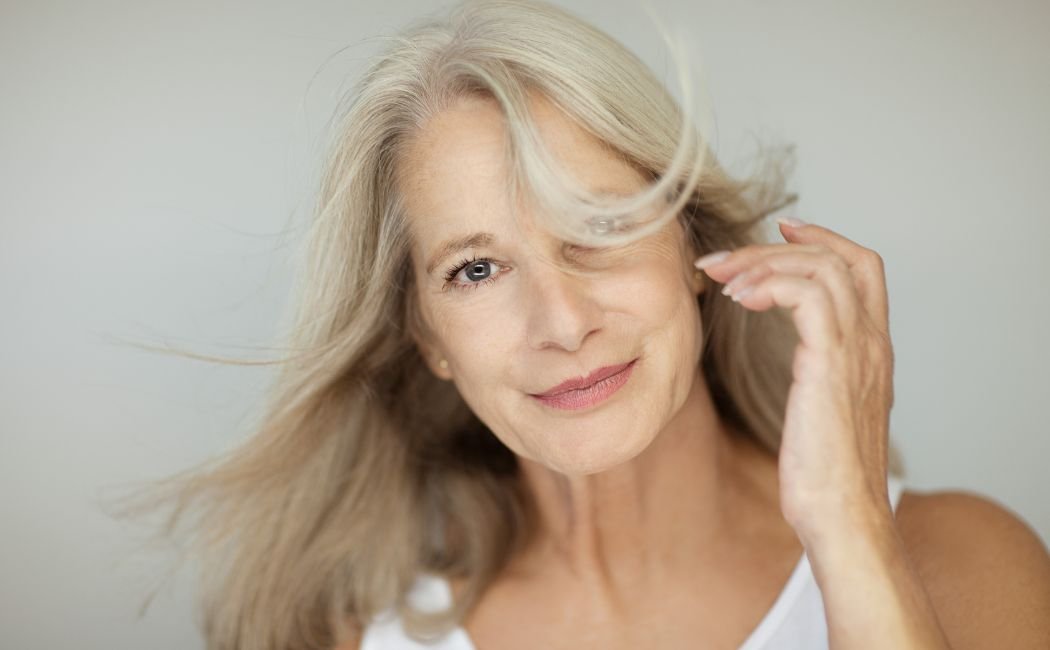Part Two - The Menopause
Carrying on from my article last month, this time I want to look at the ageing effect of the menopause.
During the first three years of the menopause you will lose 25% of your collagen. Collagen acts as a humectant - absorbing a large amount of water. When collagen diminishes there is less water in the skin. That leads to a loss of elasticity - showing up as lines and wrinkles, and eventually to a downward movement. In essence, it changes the contours of your face.
You cannot prevent or reverse some lines from forming, but we can work on enhancing skin tone and texture, and make you 'comfortable' in your own skin.
You will have probably seen many adverts on TV and in magazines suggesting all sorts of wonderful things. It can feel like you are being blinded by science, so I wanted to demystify some of the ingredients...
Retinol
If you haven't already started using retinol it isn't too late. Retinol helps to speed up cell regeneration - giving a more youthful look. However, when you start using retinol it can be quite drying initially. Gradually introduce it into your routine - a retinol based night cream two to three times per week, is a good approach.
Bakuchiol
Bakuchiol is a natural alternative to retinol. If your skin is struggling to tolerate retinol, this is a good option, still offering anti-ageing powers.
Check out the Balance Me The Menopause range.
Peptides
Peptides are fragments of protein that work as the building blocks of the skin. They stimulate collagen production and elastin. This helps to boost the skin's youthful appearance.
Phytoestrogens
These are plant based molecules that mimic the effects of oestrogen and help to replenish lost elasticity in the skin.
Pigmentation and Dark Spots
As well as losing elasticity and tone, your skin may develop increased pigmentation, particularly on your face, hands, neck and chest. These 'age' spots often occur in areas exposed to UV over a number of years. Oestrogen regulates melanin synthesis, but as your oestrogen levels reduce the melanin increases - resulting in brown age spots.
HRT can help to slow down or reduce pigmentation, by rebalancing your hormone levels. You also need to remain vigilant in applying sunscreen/sunblock to protect your skin from UV rays. That is ALL year round, not just during the Summer months.
Hot Flushes
Changes in hormone levels can also trigger a hot and clammy complexion. Using calming skincare products and facial mists can help with a hot flush and soothe redness.
If you're struggling at night try a refreshing, hydrating face mist to cool flushed skin. Try Indeed Labs Me-No-Pause Cooling Mist.
In Summary
If we know what to expect as our hormone levels change we can seek out the right products to enhance our changing skin tone, texture and elasticity, rather than fighting against them and feeling despondent.
I can't stress enough how important it is to be rigorous with your beauty regime, to minimise the inevitable signs of ageing. Here are my top tips:
Daily
Cleanse twice per day with a soap free cleanser. My favourite at the moment is Emma Hardie Cleansing Balm
Moisturise twice per day - use a product suitable for your current challenges and skin type
Add a serum to boost repair and hydration. My favourite is Night Repair Process by Germaine de Capuccini
Use SPF on your face every day
Drink more water
Take time to be still each day and BREATHE
Get as much good sleep as possible
Weekly
Give yourself a home facial and apply a mask
Look after your nails
Enjoy a lovely full body scrub in the shower
Monthly
Have a pedicure
Book a relaxing and rejuvenating treatment in the salon

